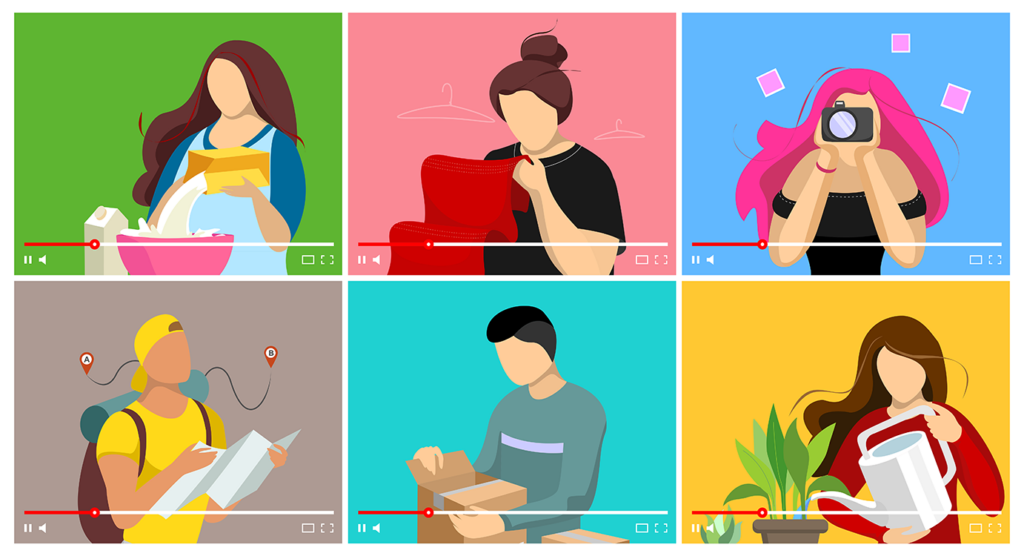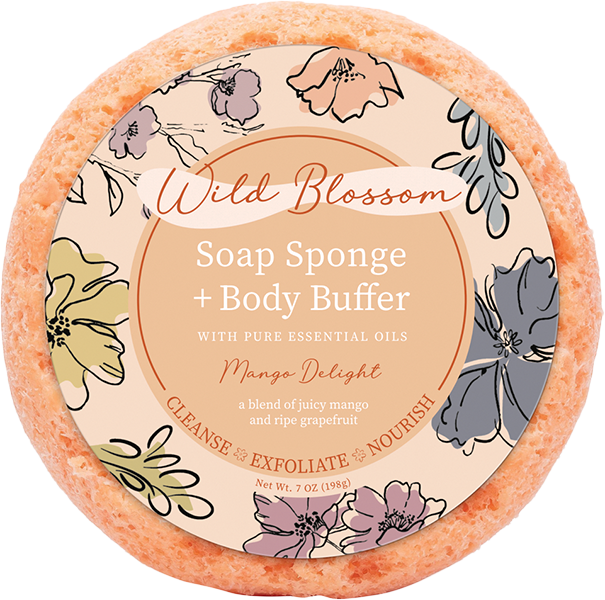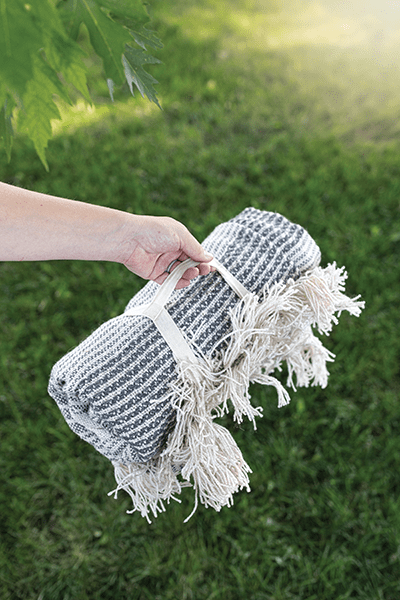
Tips to protect yourself when collaborating with influencers on social media
It is not uncommon when scrolling on social media to run across dozens of influencers and their posts regarding products and services that we all need or want.
So, what exactly is an influencer and how long have they been around? An influencer is one who can persuade their audience to purchase a product or service by conveying their opinions of said products on social media. This type of marketing began in the 2010s, and it has risen steadily as people across the globe have continued to rely on their smart devices for consuming information quickly.
As businesses have begun seeing the rise in revenues from a well-executed influencer campaign, the demand for influencers’ services is increasing. Retailers and wholesale brands alike are using influencers to share their businesses and gain new customers. Here are some things to know to guide your influencer collaboration.
1. PROTECT YOUR INITIAL CONVERSATIONS
When a business owner agrees to have a conversation with an influencer, the first thing that each party should want and agree to is a Non-Disclosure Agreement. The NDA, as they are called, protects the conversation before the actual terms are solidified. This agreement allows both parties to talk freely about confidential information that they would not want the general public or customers to know. Furthermore, it protects each party from the other party taking that conversation and exploiting it to the exclusion of the other party. In short, it sets the parameters for communication, protects ideas discussed and defines the developing business relationship.
2. UNDERSTAND HOW MONEY IS MADE
There are a few different ways that influencers may make money. First, an influencer may ask for in-kind services. The company gives them the product or the service for free; in return, the influencer will promote the product or service. Second, the influencer may charge a set fee in exchange for a specific number of post/stories/reels/videos. These fees may range a couple hundred dollars to five figures. This completely depends on what the influencer is agreeing to do, how well known the influencer is, meaning how large is their following, and how well known the company is. Third, an influencer could have an affiliate code that links directly to the product or service; each time a customer purchases using that code, the influencer makes a percentage of the price the customer paid.
3. INTELLECTUAL PROPERTY
This is an area that each party should have a working knowledge of. Intellectual property is the broad category that covers created content, products, services, brands, logos, slogans and inventions. Under this large creative umbrella are issues of copyright, trademark, patent and trade secrets. Both sides should have a clear understanding of who owns what before, during and after the collaboration. Furthermore, each party should make sure that they are using images that belong to one another. Using images of a third party without that party’s permission could result in an infringement claim. Likewise, each party should make sure that they are using the appropriate branding with regard to logos, taglines and slogans, or the name of the company. Using wording that does not belong to either party but is protected by trademark by a third party may also result in an infringement claim. It is also important to ensure that each party protects its respective created content. If the influencer retains the rights to the content they create, that needs to be spelled out. If the company owns the rights to the products or services created, then that, too, needs to be detailed.
4. COLLABORATION AGREEMENT
All of the above mentioned items are typically covered in a collaboration agreement of some sort. Not operating with a collaboration agreement is simply asking for trouble! The collaboration agreement is separate and different from a Non-Disclosure Agreement. The NDA protects the conversation leading up to the decision to collaborate. It even protects the discussion of the terms regarding the upcoming collaboration. However, it does not protect the collaboration itself. The Collaboration Agreement protects both parties during and after the collaboration. It is a more detailed document than the NDA. It will spell out what each party is responsible for and how each is to carry out those responsibilities. The agreement may also detail what happens if one party does not perform or backs out of the agreement.
5. FTC GUIDELINES
FTC Guidelines are created and enforced by the Federal Trade Commission (FTC), a federal agency that is tasked with the protection of consumers from unfair trade practices by businesses. The FTC governs how influencers may share information about a company they are collaborating with. It also requires that an influencer clearly state that they are posting about a product or services in exchange for compensation value. The purpose of this is for the influencer to disclose their potential bias about a product or service to the potential consumer. Whether the influencer is paid with money or in-kind goods or services, the disclosure should still be made.
Many influencers mistakenly choose not to post this disclosure either because they do not know or they think that the FTC will not enforce this rule. As part of the collaboration, both parties can agree up front on how this should be handled to avoid any penalties or fines for non-compliance.
In short, influencers are a marketing phenom that have cracked the way social media can be used to further a business or brand. They have become an integral part of the creative industry landscape. They help businesses deliver messaging, product information and brand awareness to a targeted audience that often is exactly who the business is trying to reach. While they are an incredible asset to the industry, it is important to understand how to work with influencers to build those relationships and optimize their capabilities.
DISCLAIMER: The materials available in this article are for informational purposes only and not for the purpose of providing legal advice. You should contact your attorney to obtain advice with respect to any particular issue or problem. Use of and access to this website do not create an attorney-client relationship between Angie Avard Turner Law and the user or browser.























